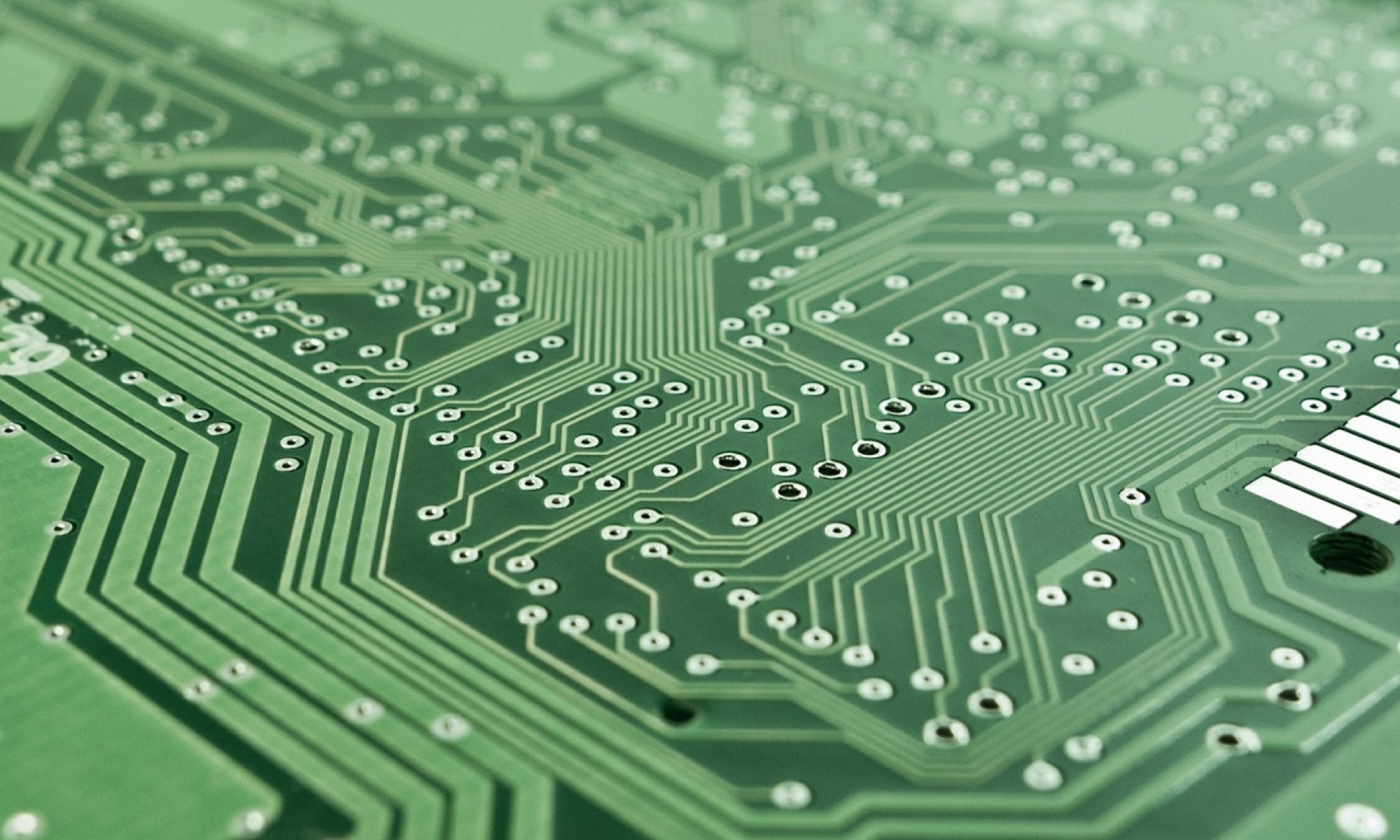On August 3, 2022 the University of Leicester reported:
“An electronic waste-recycling process that’s kinder to the planet – and uses pioneering technology developed at the University of Leicester – has attracted a £1.2m grant and national awards recognition Recycling e-waste, such as discarded mobile phones, laptops and anything with an electronic circuit board, can cause significant environmental problems. This is because the critical metals in circuit boards are difficult to recycle, with the process requiring large and expensive, polluting, smelting facilities. New alternative chemistry based techniques are on the horizon, but the vast majority of these require the use of highly dangerous acids and oxidisers that are consumed in the process and need replacing on a regular basis, meaning more transport of hazardous materials on the roads and a high CO2 footprint which comes from the necessary neutralisation of these chemicals after their use. But, there’s a potentially zero-carbon, clean chemical solution, based on the environmentally-benign Deep Eutectic Solvents (DES) – a class of chemistry developed by Leicester scientists in the early 2000s. The DES recycling process sees the solvents dissolve the target metals into a solution without the need for toxic chemicals or high temperatures. The solution is also not consumed within the process and can itself be recycled and used again...UK-based company Descycle, is using the DES chemistry to develop a commercially viable recycling plant that will be hosted by Descycle’s joint venture partners Gap Group…Descycle is also working with waste company GAP, to build a waste electrical and electronic equipment recycling facility in the north-east of England, which uses DES chemistry. Descycle’s Chief Technology Officer is Dr Rob Harris, who is also a researcher at the University and is working on making the technology commercially viable. The work he and Descycle are carrying out has attracted the attention of judges at the highly competitive Royal Society of Chemistry (RSC) Emerging Technologies Competition, which received applications from all over the globe, and were shortlisted for the Environment award. Hot on the heels of the shortlisting, comes the news that Dr Harris and Descycle have also secured a Future Leaders Fellowship from the UKRI’s flagship scheme to continue development of the e-waste and other metals recycling and recovery processes using the technology.”
Read the full article from the University of Leicester at https://le.ac.uk/news/2022/august/ewaste-award.
